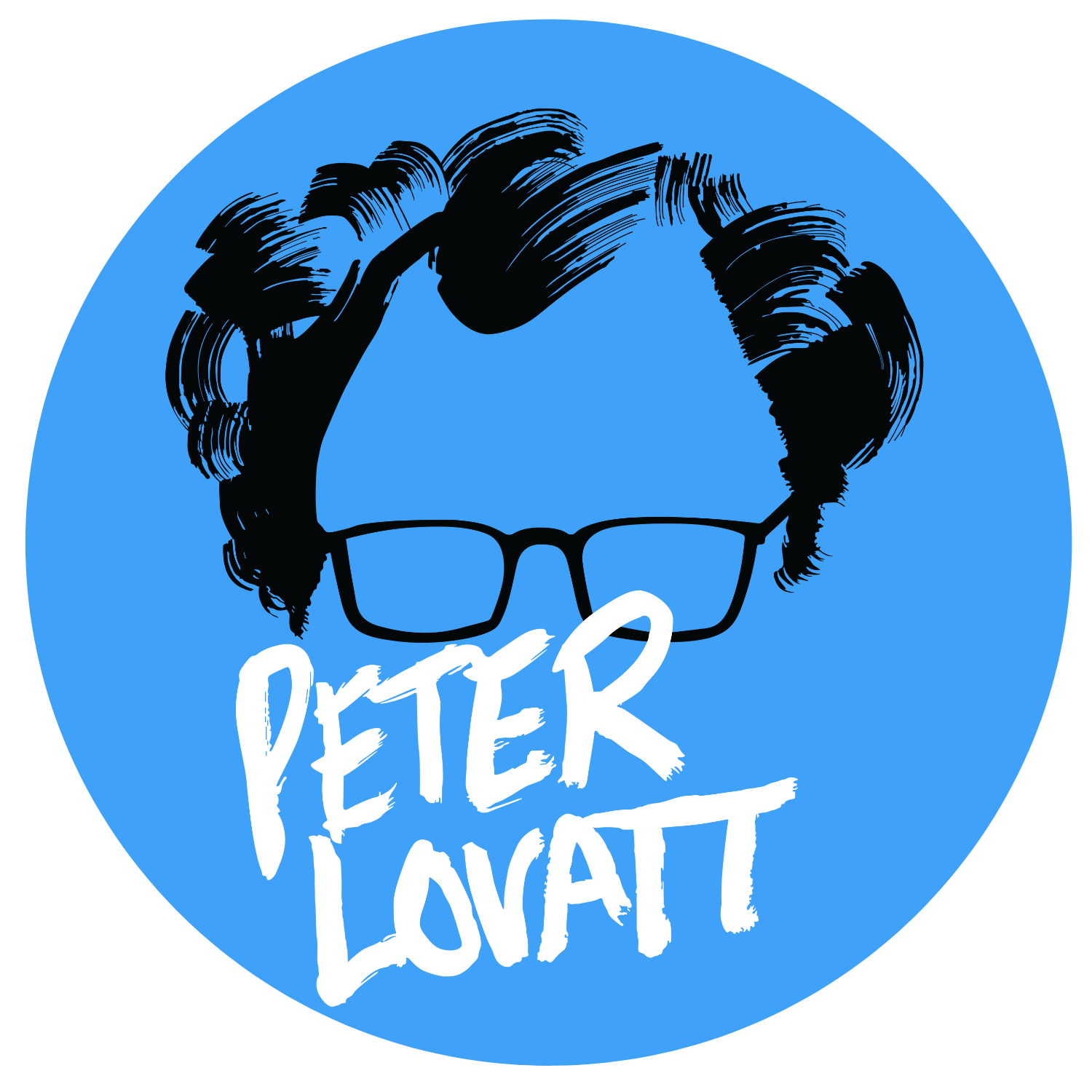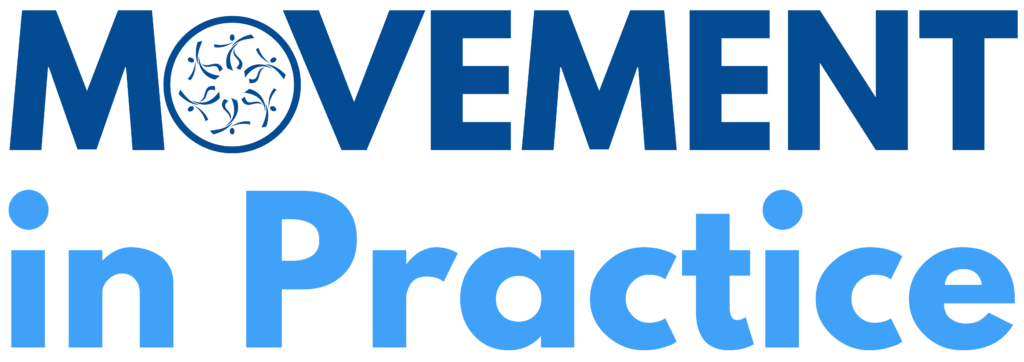
Movement in Practice is the use of movement to enhance the human experience in business, education, health and social care settings.
On this page you'll find information on:
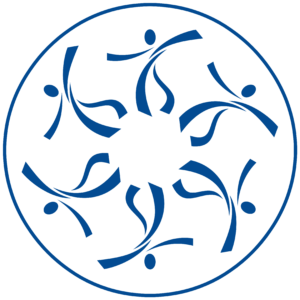
Lindsey Lovatt and Dr Peter Lovatt are experts in the meaning and psychology of movement – and it’s application in the real world.
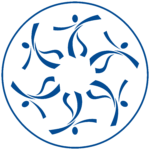
Lindsey and Peter run Movement in Practice training programmes – online, face-to-face and blended.

Successful completion of the Movement in Practice training programme leads to qualified Movement in Practice Facilitator status.

Qualified Movement in Practice Facilitators are listed on the Register of Movement in Practice Facilitators.


Training Programme
The Movement in Practice Training Programme is made up of three stages.
To complete Stage 1 of the Movement in Practice Training Programme you need to enroll on Movement in Practice Stage 1 – The Psychology of Movement. This is an online course, which means you can learn at your your own pace and in your own time. The course is delivered by Dr Peter Lovatt.
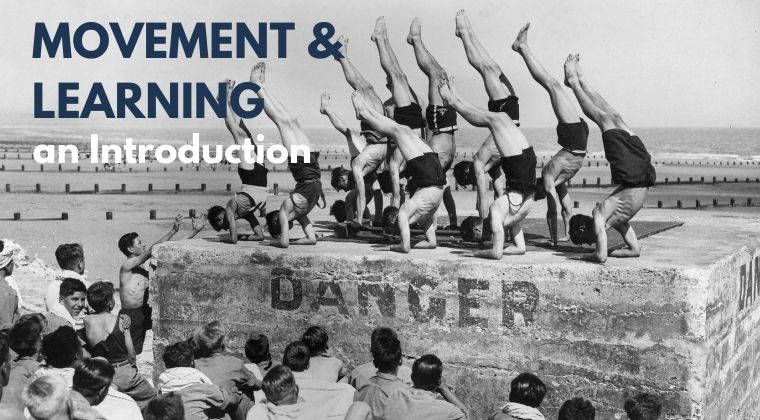
The Psychology of Movement (£149)
Movement changes everything. When we move our body it changes the way we think, feel, behave and learn. Discover how movement enhances the human experience and think about how this can be applied in education, health and business (5 hours accredited CPD)

To complete Stage 2 of the Movement in Practice Training Programme you need to enroll on Movement in Practice Stage 2 – The Psychology of Movement Tutorial Programme. This is an 8-week course deliverd via zoom, which means you can enroll and learn from anywhere in the world. The course is delivered by Lindsey Lovatt and Dr Peter Lovatt. Start dates throughout the year.
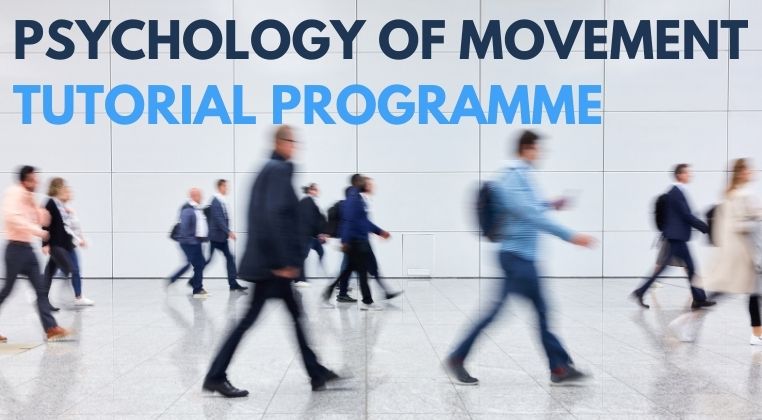
The Psychology of Movement Tutorial Programme (£1,350)
Take a deep dive into the Psychology of Movement with the Movement in Practice Academy by enrolling on this 8 week tutorial programme. Working at Level 7 (that's Master's level) we'll look at what happens to us socially, cognitively, emotionally and physically when we move. (Our September 2021 intake is now full. We are currently taking bookings for our next intake in January 2022.)

Movement in Practice Stage 3
To complete Level 3 of the Movement in Practice Training Programme you need to develop and submit a Movement in Practice Implementation Plan. Once you have successfully completed a Movement in Practice Implementation Plan you will be recognised as a Movement in Practice Facilitator.

Once you have completed Movement in Practice Stages 1-3 you will be invited to join the Register of Movement in Practice Facilitators

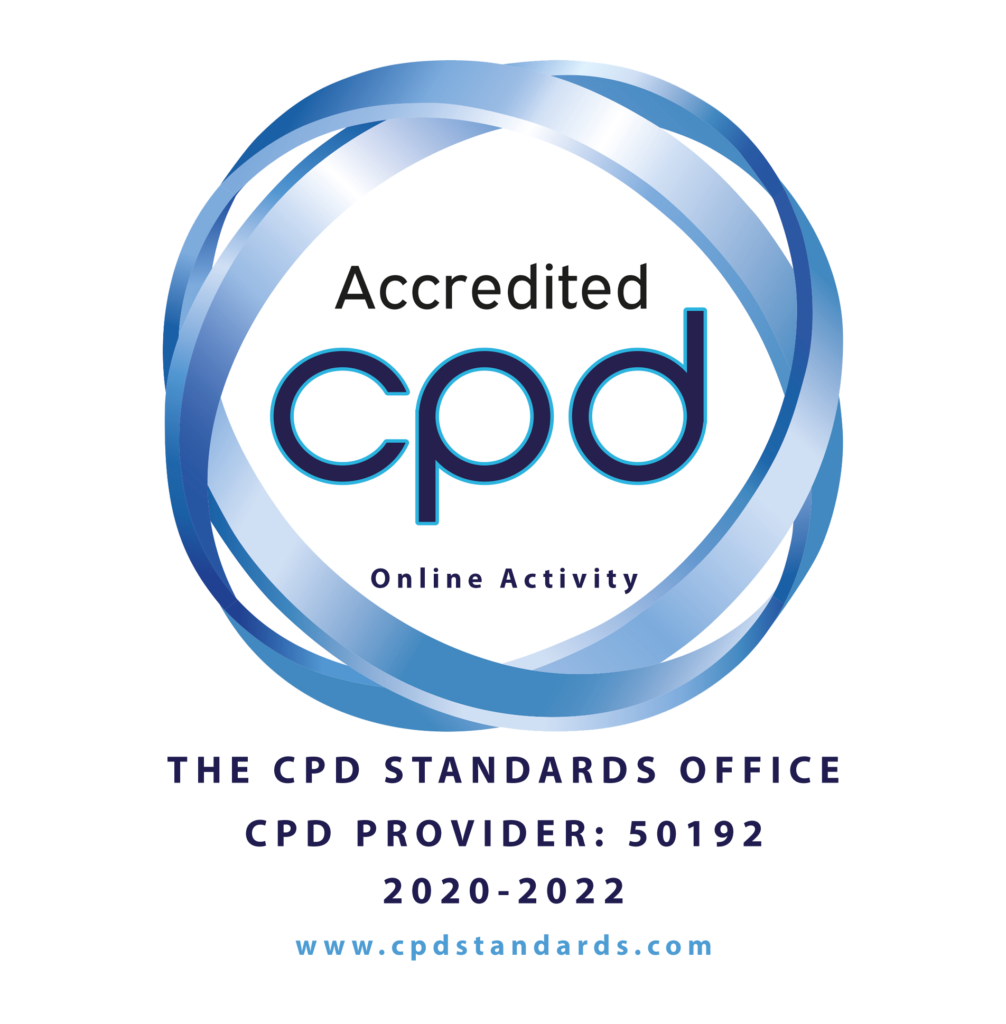
Accredited CPD Activity
The Movement in Practice Academy is an accredited provider of CPD activities.

Who's Who at the Movement in Practice Academy
The Movement in Practice Academy was founded by Occupational Therapist Lindsey Lovatt and Psychologist Dr Peter Lovatt in 2020. Lindsey and Peter met while studying psychology in 1988. They fell in love on a night club dance floor and have been married ever since. Movement in Practice is the culmination of their joint passions: People, Education, Psychology and Movement.
Lindsey Lovatt
Lindsey loves people. She’s a qualified Occupational Therapist with an MSc in Forensic Mental Health, and postgraduate qualifications in Systemic & Family Therapy, Dramatherapy, Eating Disorders, and Parenting. Specialising in CAMHS, Lindsey has always been a therapist at heart. She has spent the last 30 years working closely with people, seeking to understand. Lindsey has worked for the NHS as a leader in mental health services. With senior management roles, including Allied Health Professionals Lead for a large NHS Trust and being a specialist advisor for the Government’s Care Quality Commission (CQC), Lindsey understands how people and organisations tick.



Peter Lovatt
Peter loves to dance. A former professional dancer, he’s a qualified psychologist, with a PhD in Psychology, an MSc in Neural Computation and a BSc in Psychology and English. He has spent the last 25 years teaching at universities and carrying out research in Psychology, movement and dance. Peter’s academic and teaching career extends from Cambridge University to the Royal Ballet School. He has written two books on movement and dance and has authored academic papers on thinking, learning, problem-solving, memory, Parkinson’s disease, dance, rhythm and timing. Peter’s work has been reported internationally and he has shared keynote sessions with Barack Obama and Oprah Winfrey.

